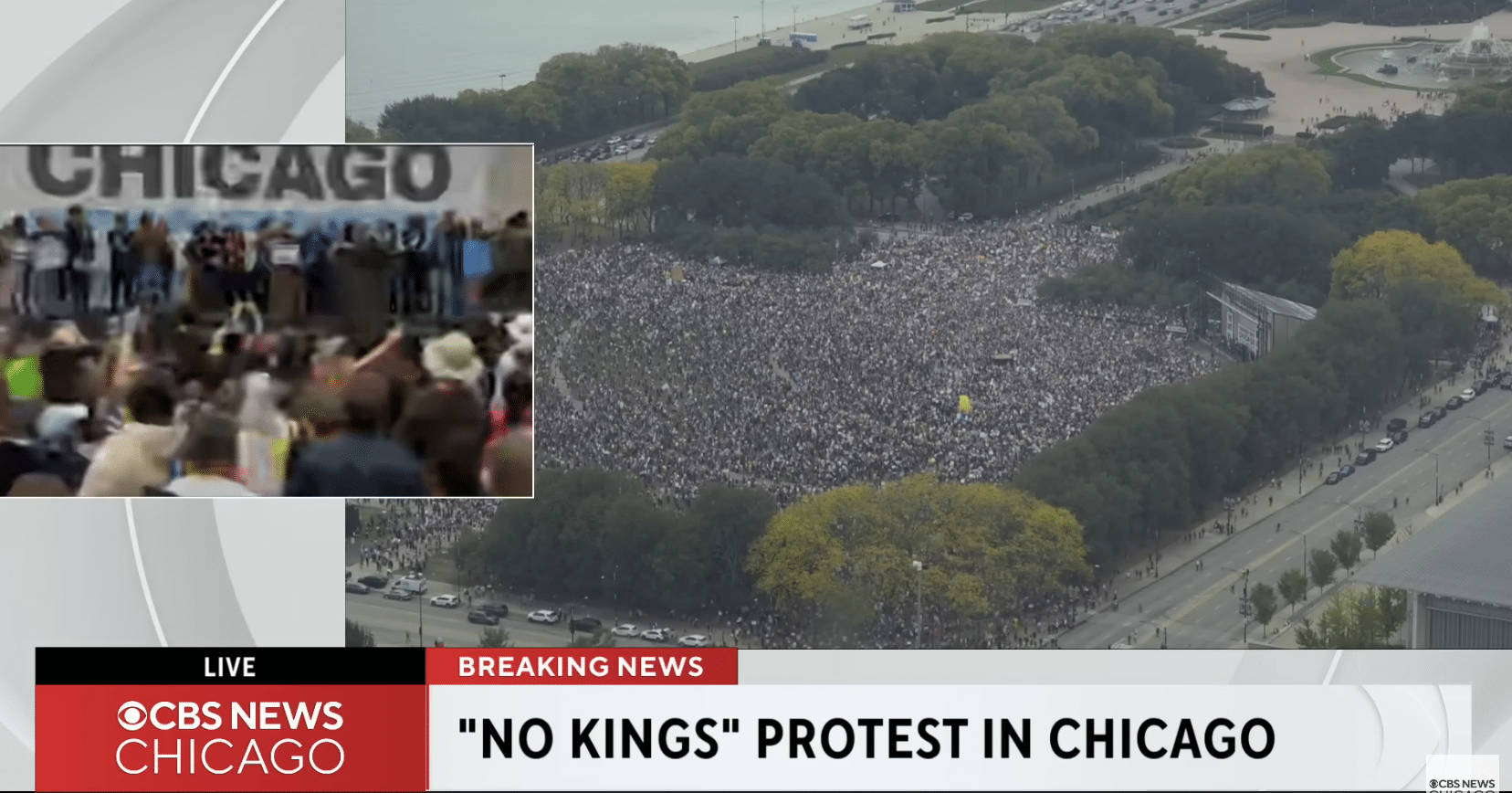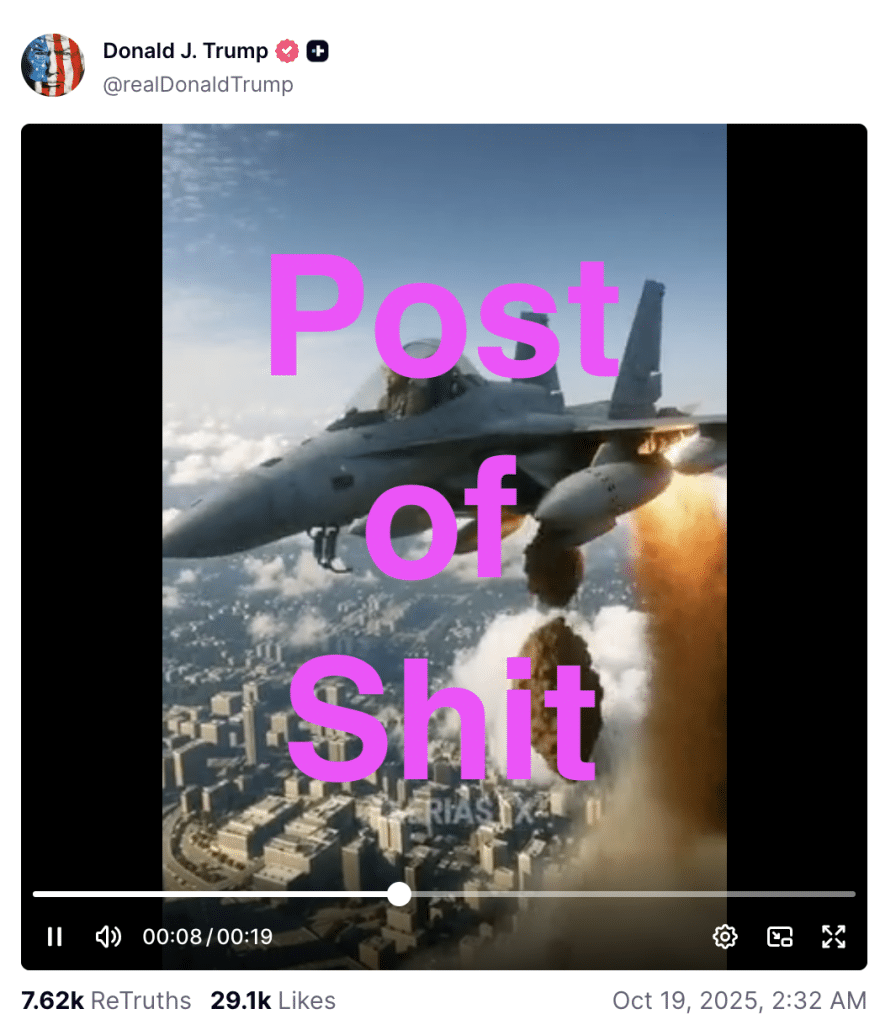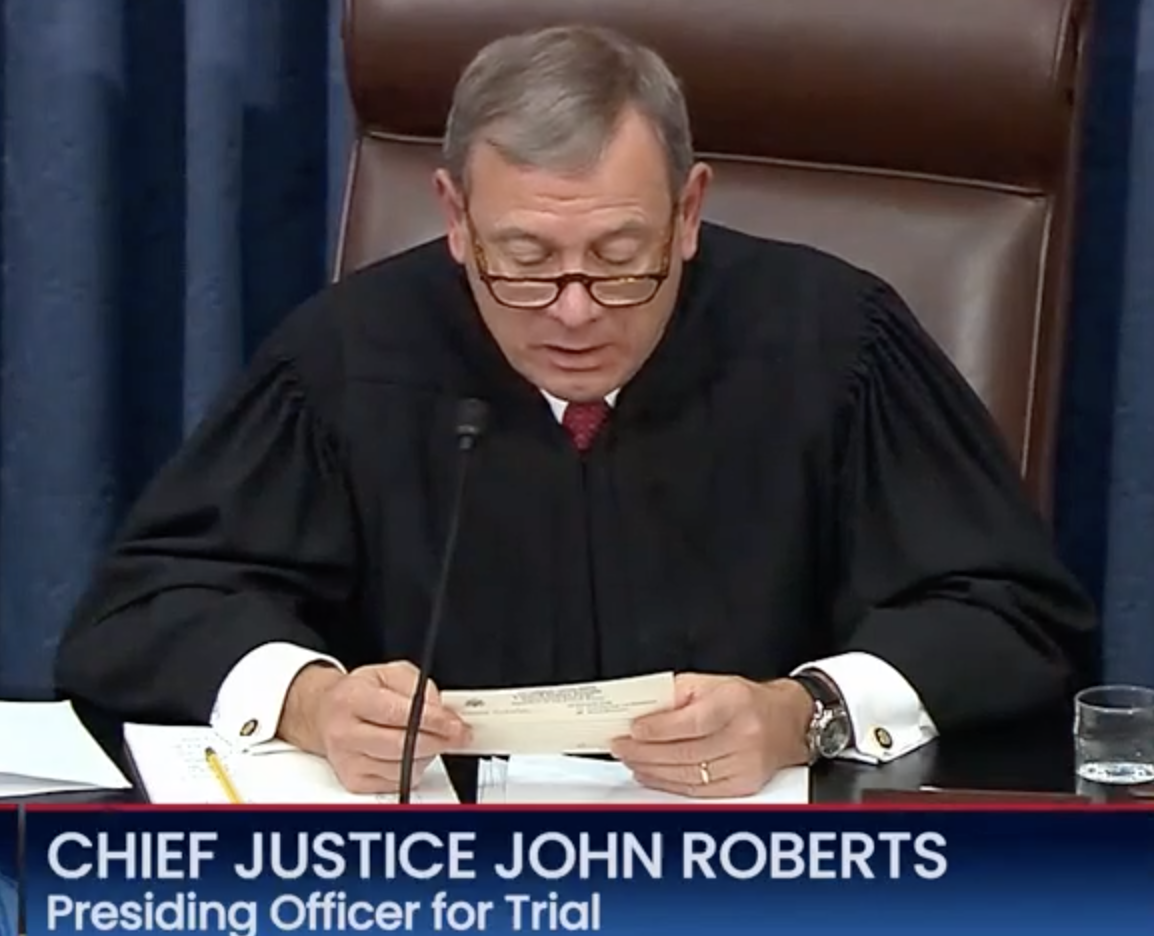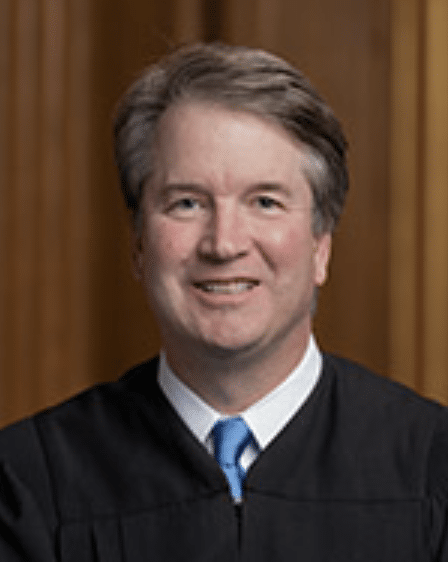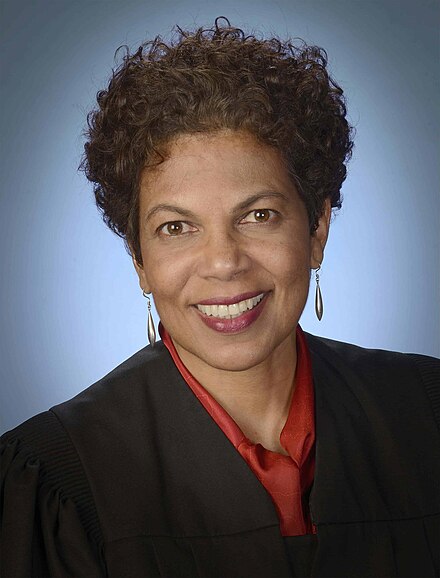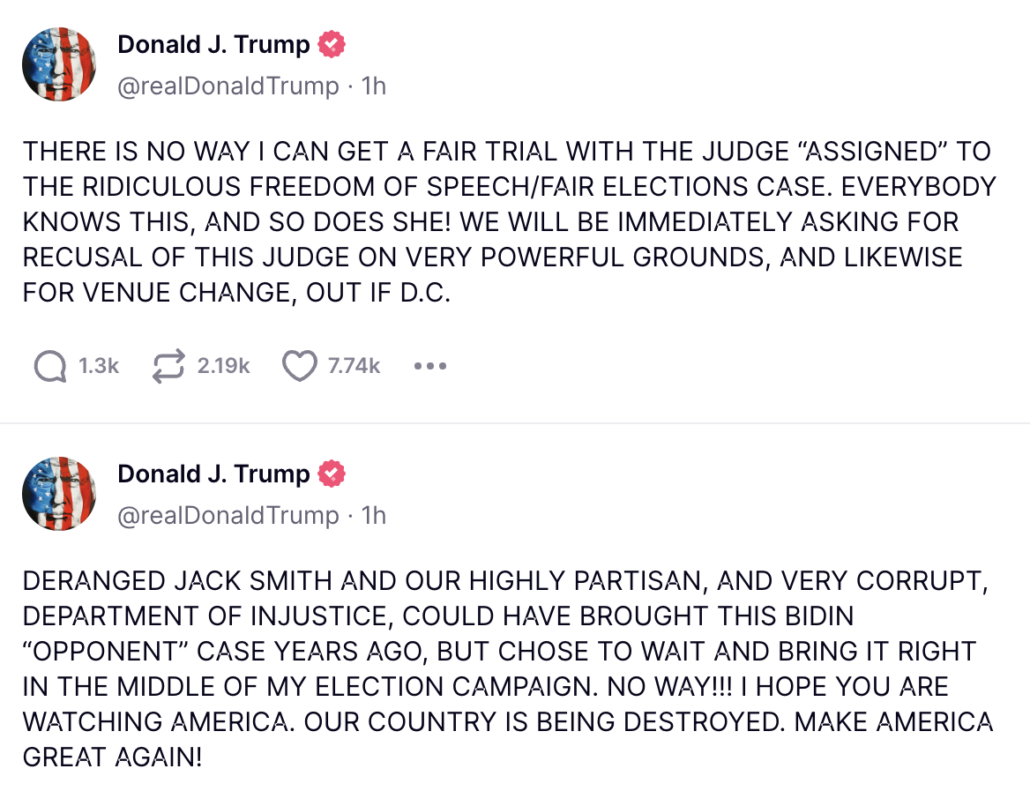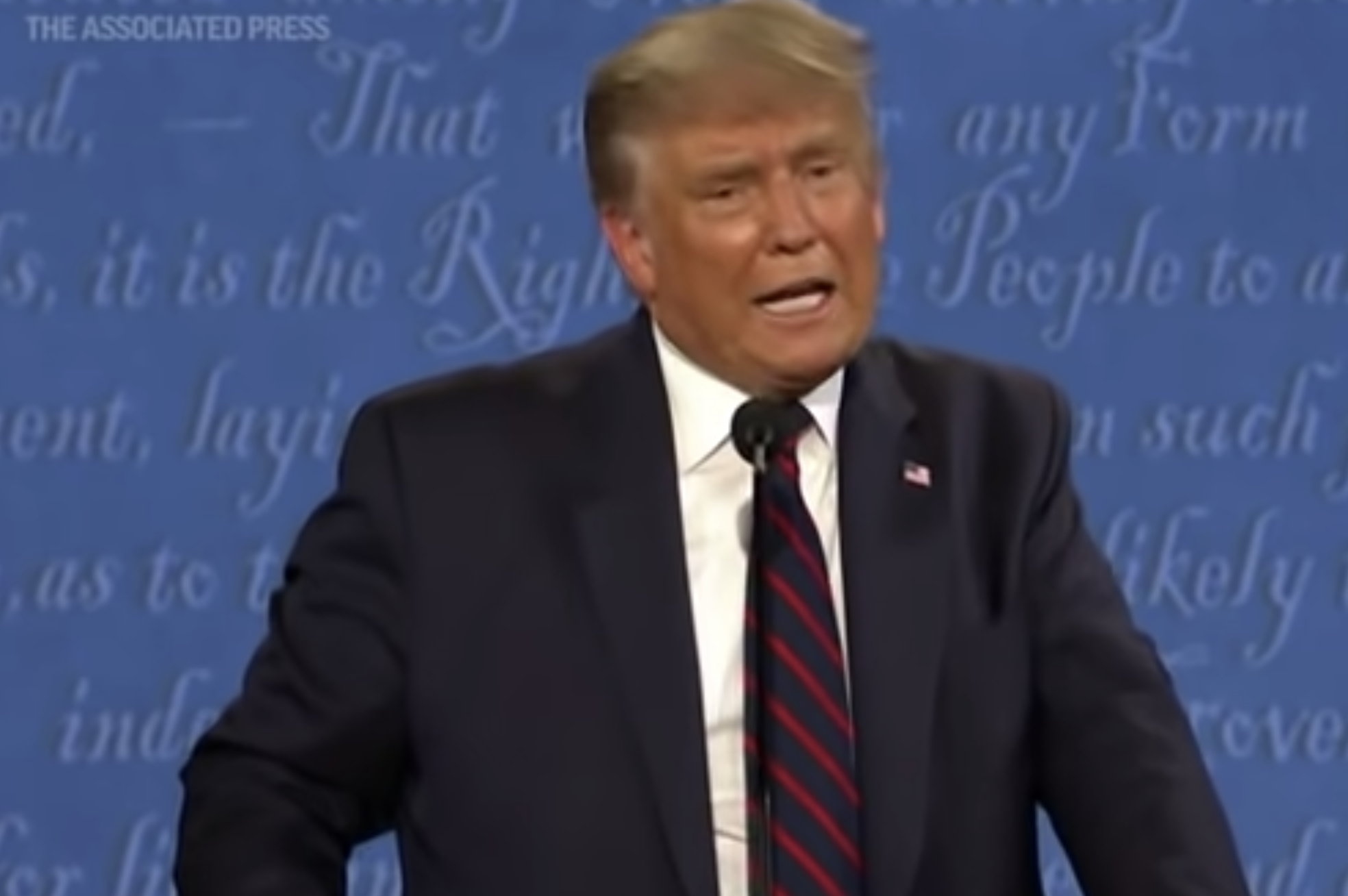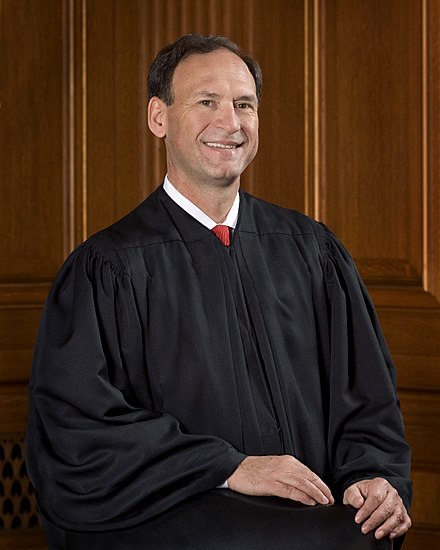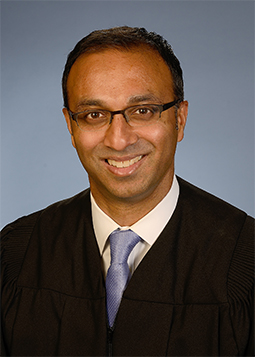Shit-Posting All the Way to SCOTUS
I was going to write about how important today’s filing in Illinois’ challenge to Trump’s invasion is.
Thankfully, Steve Vladeck did that so I don’t have to.
As for why it’s this application that presents the Court with a make-or-break moment, it’s worth reflecting on what it would mean if the full Court grants the Trump administration’s request.
First, and immediately, it will mean that the Trump administration is allowed to deploy troops onto the streets of Chicago (and Broadview) to effectively militarize the enforcement of our immigration laws. Although the application to the Supreme Court is replete with references to protecting federal property, the federal government doesn’t need the authorities that are currently blocked to do that; it can use regular troops, almost certainly without invoking 10 U.S.C. § 12406 or any other statute. (This is the “protective” power.) The power the Trump administration is seeking here is much broader—and would almost certainly mean that federalized National Guard troops would start accompanying ICE officers on immigration raids and other operations—even if they’re not making the arrests themselves. That would be a … dramatic … escalation relative to where we are today.
[snip]
Third, and most importantly, it would allow the federal government to obtain emergency relief based upon either (1) a limitless view of what it means to be “unable to execute the laws of the United States”; or (2) an incredibly one-sided factual narrative that was expressly rejected by the district judge, and that the unanimous court of appeals panel refused to disturb. The justices aren’t factfinders, and absent some “clear” reason to believe that the lower courts erred in discrediting the Trump administration’s factual claims (when, in fact, there are lots of reasons to believe that the district court was right), to grant relief in the face of those findings is to not just show stunning disrespect to both the lower courts and the appropriate standard of review; it’s to send the message that the facts just don’t matter—so long as five or more justices personally believe whatever the federal government is telling them.
That would be a big enough problem in other contexts (I’ve already written about the casual relationship Justice Kavanaugh’s Vasquez Perdomo concurrence has with the facts), but it would be utterly catastrophic here. After all, armed with a grant of emergency relief on this application, what is to stop the Trump administration from making comparably inflated and/or invented claims about the situations on the ground in other American cities as a pretextual basis for deploying troops? And what’s to stop it from making those claims not (just) tomorrow, but next November—on the eve of the midterm elections?
Having outsourced that gloomy contemplation to him, I want to point to several things that might lead SCOTUS to exercise some sanity.
First, Vladeck cited from Judge April Perry’s ruling on the lack of credibility of the affiants that the Administration submitted. But he didn’t note the paragraph following the general credibility assessment, in which Judge Perry described how the government threatened to invade the courthouse itself.
Finally, the Court notes its concern about a third declaration submitted by Defendants, in which the declarant asserted that the FPS “requested federalized National Guard personnel to support protection of the Federal District Court on Friday, October 10, 2025.” Doc. 62-3. This purported fact was incendiary and seized upon by both parties at oral argument. It was also inaccurate, as the Court noted on the record. To their credit, Defendants have since submitted a corrected declaration, and the affiant has declared that they did not make the error willfully. Doc. 65-1. All of the parties have been moving quickly to compile factual records and legal arguments, and mistakes in such a context are inevitable. That said, Defendants only presented declarations from three affiants with first-hand knowledge of events in Illinois. And, as described above, all three contain unreliable information. [links added]
Over the weekend, in response to a question about the Insurrection Act, Trump noted that one benefit (to him) of invoking it would be to shut down the courts.
This is not just a threat to the sovereignty of states. It is, explicitly, a threat to the coequal status of the courts, up to and including SCOTUS. That may make them view this threat differently.
And Trump hasn’t helped his credibility since then.
Perhaps most spectacularly, the details regarding a number of “Kavanaugh stops” have come out since Judge Perry ruled for Chicago, not least the case of a teenaged girl who was violently detained in Hoffman Estates.
A teen in Hoffman Estates was thrown to the ground by what appeared to be a federal agent this past weekend, and the teen and two of her friends were detained for hours before they were released.
Her parents spoke out Monday after they say their daughter, 18-year-old Evelyn, is still shaken from the experience.
Evelyn’s parents said her boyfriend got a call that U.S. Immigration and Customs Enforcement agents were in his neighborhood. They went to warn people who live there and recorded the officers. This led to a violent arrest, in which the U.S. Department of Homeland Security said it did not take part.
Video from the Friday incident shows sirens and undercover law enforcement cars flooding the Hoffman Estates neighborhood where the arrest happened.
The video shows Evelyn getting pulled out of the passenger seat. She is then thrown to the ground, all while saying she is not resisting arrest, as the officer handcuffed her and appeared to put a knee on her back.
[snip]
In a post on X, Department of Homeland Security Assistant Secretary Tricia McLaughlin commented on Evelyn’s arrest video, saying, “Imagine being so desperate to demonize law enforcement you post a video from a burglary arrest Chicago police made over a year ago. This isn’t even ICE.”
Hoffman Estates police, however, said ICE was in the area on Friday.
Her treatment not only debunks Justice Kavanaugh’s claim that the impact of racial profiling on US citizens is minimal, but it exposes Tricia McLaughlin as a fabricator.
Meanwhile, even as Trump is claiming a rebellion in Chicago, as many as 250,000 people showed up for the No Kings protest in Chicago on Saturday. While there were clashes at Broadview, where the ICE facility is, I’ve seen no reports of disturbances at the protest itself. Chicago can rightly point to the peaceful protest as a counter to the inflated claims from the government.
Then there’s Trump’s childish tantrums this weekend.
Chicago is arguing that Trump is invading not for any reason tied to law enforcement, but out of animus. It’s hard to imagine any more succinct expression of such animus than Trump’s shit post responding to the protests.
And finally, the fiasco at Camp Pendleton — where Trump whined after Gavin Newsom shut down the freeway during Trump’s live ammunition display at the base, only to be vindicated when shrapnel from the event hit JD Vance’s motorcade.
Vladeck is right: If SCOTUS grants Trump relief here, it will be far worse than any of their earlier shadow docket interventions. Let’s hope that Trump’s weekend tantrums will finally convince the court that he can no longer be indulged.

